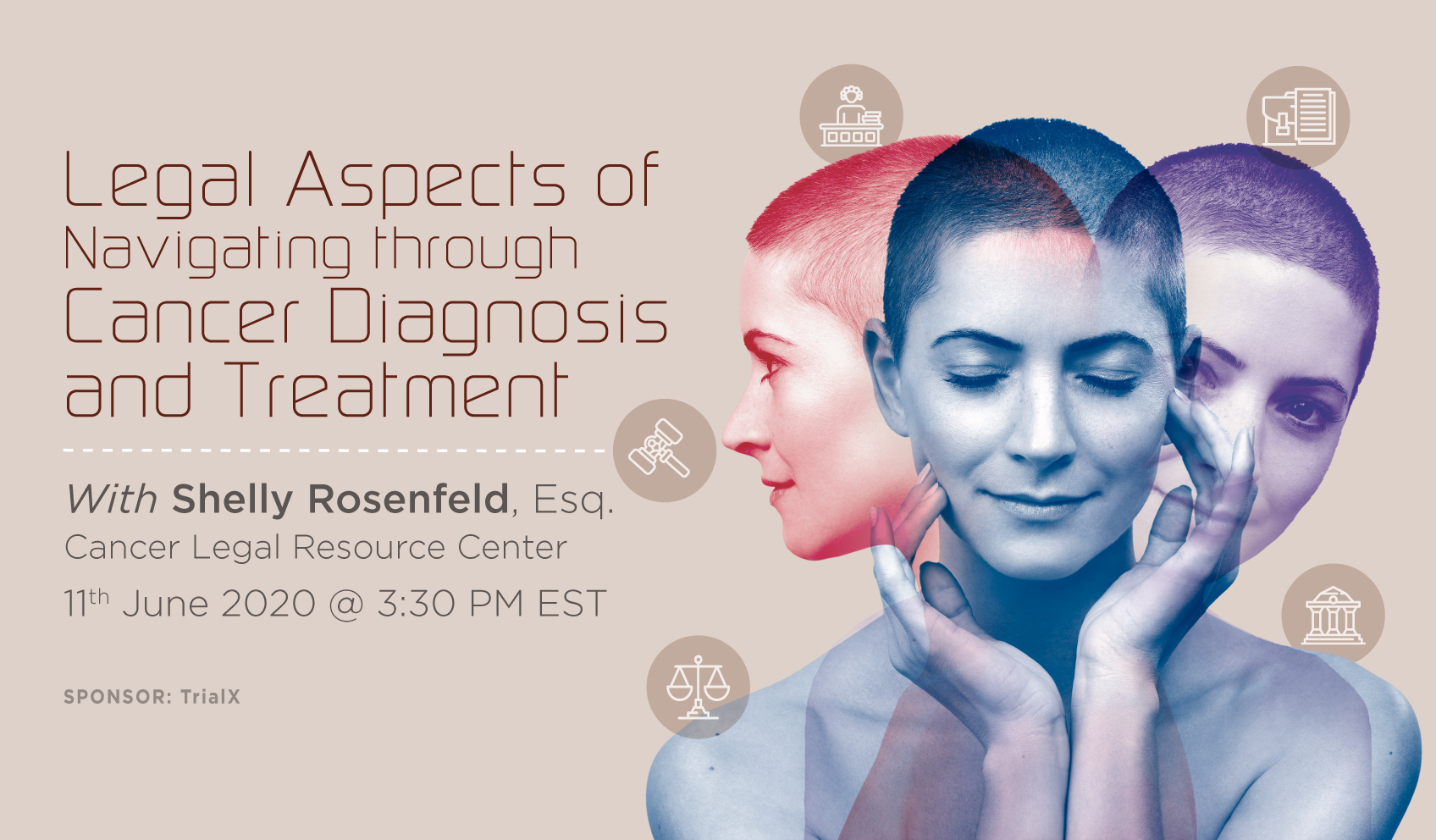
Hear Talk Audio
Legal Aspects of Navigating through Cancer Diagnosis and Treatment
A cancer diagnosis is overwhelming and accompanied with high degrees of stress and confusion related to survival, current & future treatments, and managing finance related to those treatments. Moreover, there is heightened anxiety about continuing employment, accessing healthcare, government benefits and taking medical leave through treatment. We are talking to attorney Shelly Rosenfeld of Cancer Legal Resource Center (CLRC) to understand the legal aspects of navigating through cancer diagnosis and treatment.


